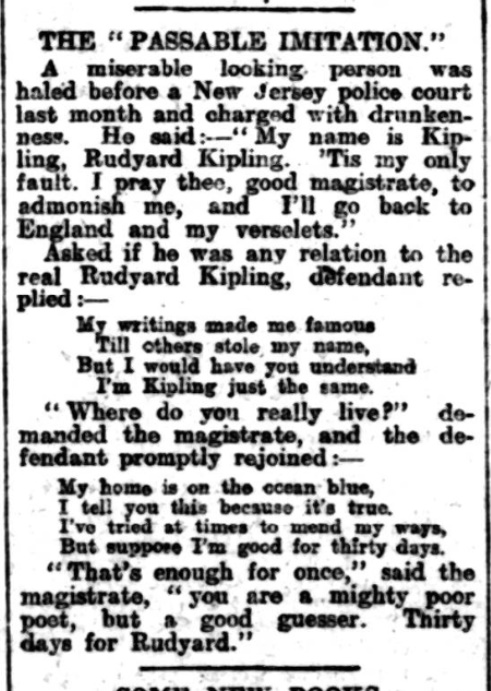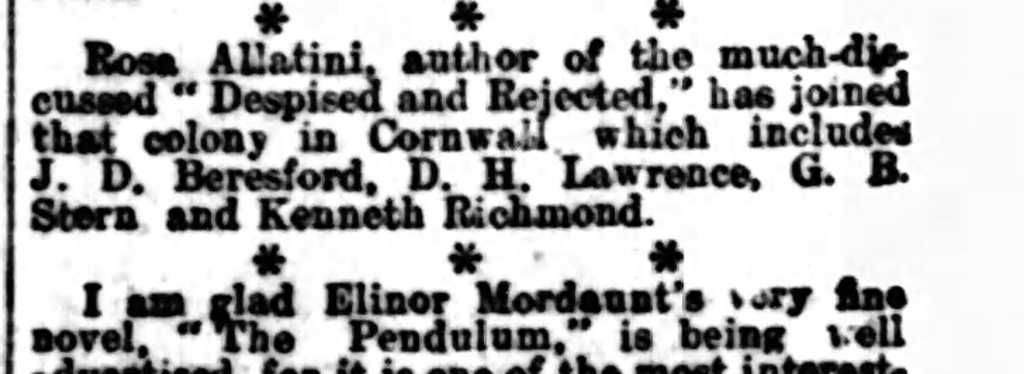I’ve had an email from a setup called Feedspot which says that Great War Fiction is ranked second among military book blogs. Which is very flattering, though a bit bothering. I’ve neglected the blog horribly over the past year, and it’s not what it was.
Does that mean that other military book blogs are in an even worse state? If so, that’s a pity.
Over the years, my attention has been diverted away from the Great War. I was getting too used to the material, and it wasn’t surprising me as often as it used to back in the day. It’s eighteen years since this blog began. You can’t blame me fro wanting to move on.
Not that I’ve totally neglected the War. Recently I’ve re-read two war novels – Philip MacDonald’s excellent Patrol and William J. Locke’s not-so excellent The Rough Road, and have written about them for the Sheffield Hallam Popular Fiction gatherings and website. Maybe I’ll blog about The Rough Road and its depiction of Tommies here too, when I’ve time.
I’m occasionally asked whether the blog is still in business, and the answer is yes – but don’t be surprised if it goes dormant for a while. Having focused very much on war literature for a long time, I need to broaden my horizons. At the moment my two obsessions are the poetry of Catullus and the terrific new novel James by Percival Everett (about the brightest novelist around these days). Neither of these have a lot to do with the Great War, so I won’t be writing about them here. But I haven’t gone totally away. Watch this space.






